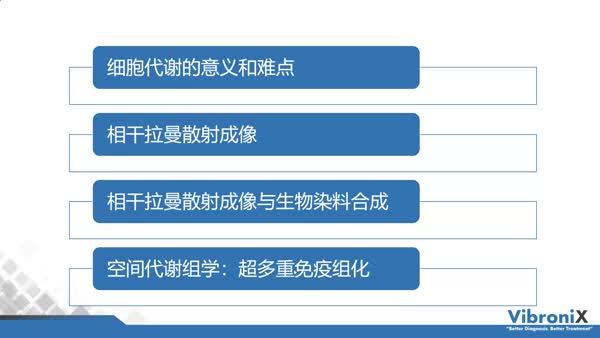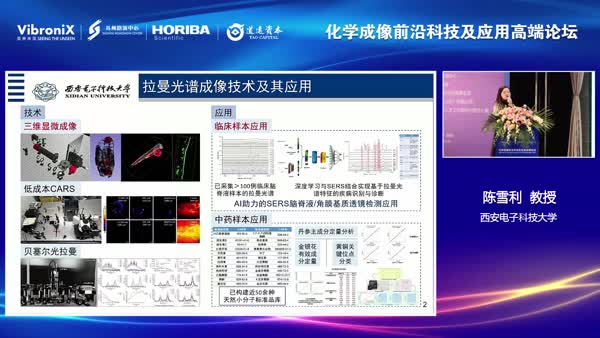Chemical-specific optical manipulation of biochemical processes in live cells
Conventionally, chemical processes in live cells are controlled by incubating cells with chemicals. The treatment specificity largely relies on the interacting specificity of chemicals with their targets. However, nonspecific interactions can cause significant off-target effects, especially at undesired spatial locations, thus complicating the understanding of drug-target interactions. My research group invented a real-time precision opto-control (RPOC) technology that enables spatially precise control of chemical processes solely at desired molecular targets without affecting unwanted locations. RPOC is based on a laser-scanning system, a fast optoelectronic feedback loop, and highly sensitive chemical detection. Once the desired signals are detected at a pixel, the comparator circuit turns on an acousto-optic modulator to rapidly couple a separate laser beam to control biomolecular activities at the same pixel. A recently developed software-assisted RPOC unleashed the freedom of optical manipulation by combining real-time and user-defined decision-making. The continuous wave (CW) fluorescence detection scheme significantly reduced the cost of the system for broad biological applications. Using RPOC, we demonstrated selective controlling of the states of chemicals in live cells, casting ROS exclusively in desired organelles, site-specific inhibition of tubulin and actin polymerization, flexible FLIP and FRAP, and manipulation of the cell fate via organelle perturbation. RPOC enables chemical target manipulation in live cells with <300 nm spatial precision, <500 ns response time, and ultrahigh chemical specificity. It also allows real-time monitoring of cell responses from seconds to days.
 19
19
 2023-12-07
2023-12-07
 投诉
投诉

厂商其他视频
×















×